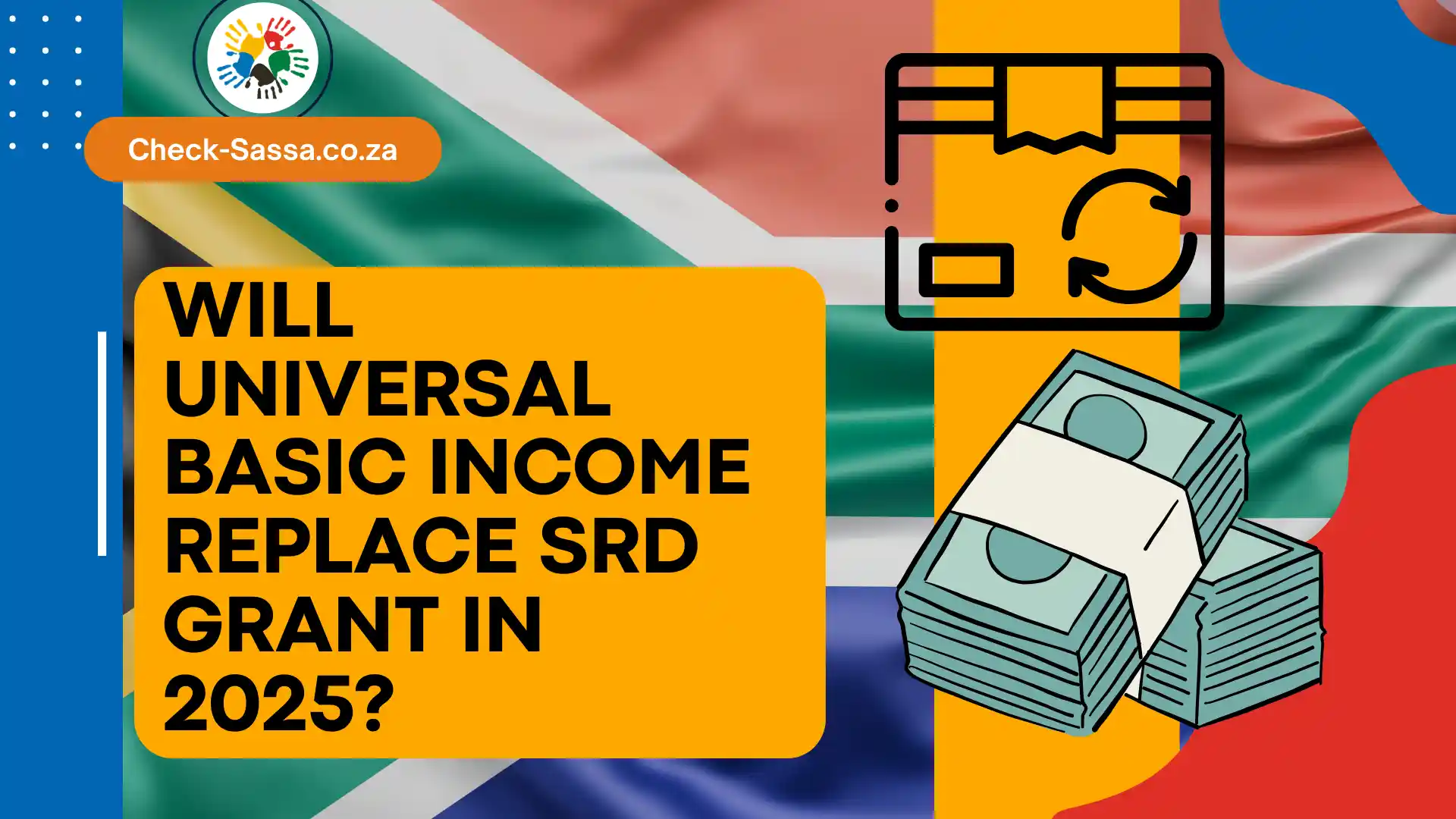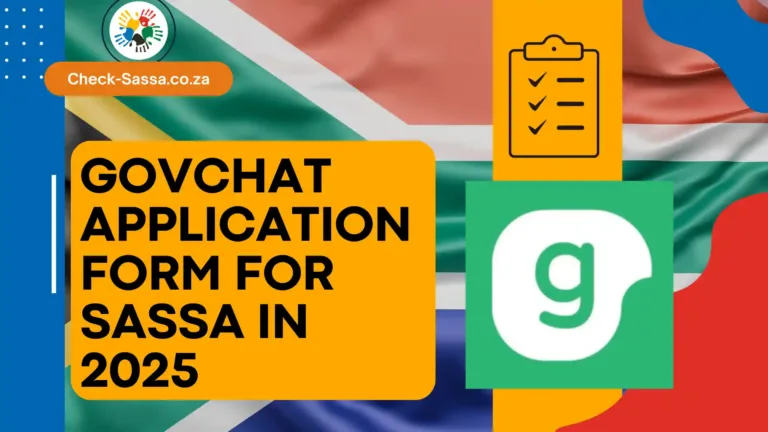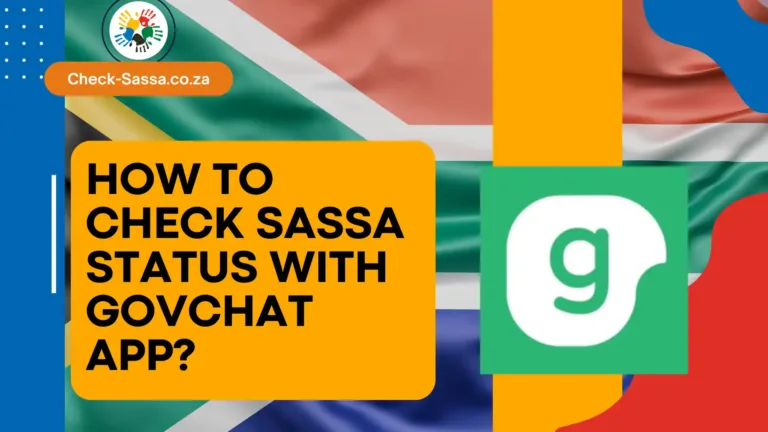Will Universal Basic Income Replace SRD Grant in 2025?

In 2024, South Africa faces a critical decision regarding the future of its social grant systems. Amid rising discussions surrounding the potential replacement of the Social Relief of Distress (SRD) grant by Universal Basic Income (UBI), many citizens and policymakers are seeking clarity on how these two systems compare and whether UBI could provide the long-term solution to poverty alleviation in the country.
Understanding the SRD Grant: An Overview
The Social Relief of Distress (SRD) grant is a temporary financial support mechanism introduced by the South African government in response to the economic downturn caused by the COVID-19 pandemic. Initially launched in 2020, it was aimed at providing immediate relief to individuals who had lost income due to the pandemic and could not access other forms of government support.
As of now, the SRD grant is a means-tested support system, aimed at providing a monthly payment to qualifying individuals. These payments, though vital for millions, are considered temporary, and their future beyond 2024 remains uncertain.
Key Features of the SRD Grant
- Eligibility: The SRD grant is available to South African citizens, permanent residents, and refugees between the ages of 18 and 59, with income below a certain threshold.
- Amount: The amount varies depending on government provisions but is typically lower than the national minimum wage.
- Duration: Initially designed as a short-term solution, the SRD grant has been extended multiple times, with ongoing discussions about its future.
The Rise of Universal Basic Income (UBI)
Universal Basic Income (UBI) is a policy that proposes regular, unconditional cash payments to all citizens or residents, irrespective of their employment status or income level. Unlike means-tested programs like the SRD grant, UBI aims to provide a guaranteed income floor to everyone, ensuring that no one falls below a certain standard of living.
In recent years, UBI has gained traction globally, with advocates arguing that it could provide a more sustainable and effective way to address poverty, inequality, and the economic impacts of automation and technological disruption.
UBI in the South African Context
In South Africa, the idea of UBI has been a subject of extensive debate. Proponents argue that UBI could:
- Address systemic inequality by providing a consistent income for all citizens, especially in a nation with high unemployment rates.
- Combat poverty by ensuring that everyone has the financial resources to meet basic needs, such as food, shelter, and healthcare.
- Promote social stability by providing a buffer against the uncertainties of the modern economy.
Opponents, however, argue that UBI could be financially unsustainable and that funds might be better used for targeted interventions aimed at addressing specific poverty-stricken groups.
Will UBI Replace the SRD Grant in 2024?
While UBI offers a promising vision for a future free from extreme poverty, replacing the SRD grant with UBI in 2024 presents several challenges, both logistical and financial.
Financial Viability of UBI in South Africa
One of the main concerns regarding the introduction of UBI in South Africa is its financial sustainability. South Africa is a middle-income country with a history of budget deficits and significant debt. Introducing UBI could require a massive reallocation of government resources. The South African government would need to balance its fiscal budget while ensuring that UBI payments are substantial enough to make a meaningful difference to citizens’ livelihoods.
Current estimates suggest that implementing UBI could cost around 5% of South Africa’s GDP, which would require significant tax reforms or a reorganization of current social welfare systems.
Proposed UBI Amounts and Budget Impact
- Lower Bound Estimate: A modest UBI of R1,500 per month for all adults could cost around R350 billion annually.
- Upper Bound Estimate: A more generous UBI of R3,000 per month for all adults could exceed R700 billion annually.
Given these high costs, replacing the SRD grant (which currently costs far less) with a full UBI scheme might not be feasible without substantial changes to tax policies and government spending priorities.
Transition from SRD Grant to UBI: A Gradual Approach?
Rather than a sudden replacement, a more gradual transition from the SRD grant to UBI could be a more pragmatic approach. This could involve expanding the SRD grant into a broader social protection scheme while slowly introducing UBI features.
A hybrid model could include:
- Increased grant amounts to raise the standard of living for SRD recipients.
- Universal payment schemes for vulnerable groups (such as those with no formal income, the unemployed, or elderly people).
- Gradual inclusion of UBI elements for the general population, with an eye towards a full UBI rollout over the next decade.
Such a model would allow policymakers to test the feasibility of UBI while continuing to support those most in need with targeted relief, ensuring that a complete transition would not jeopardize vulnerable citizens.
Social and Economic Impacts of UBI
If UBI is implemented, its potential effects on South Africa’s economy and social fabric could be transformative. These include:
1. Reduction in Poverty and Inequality
UBI could provide a direct boost to income levels for many South Africans, significantly reducing poverty rates. By ensuring a basic income floor, UBI could provide all citizens with the means to cover their essential needs.
2. Improved Health and Education Outcomes
With financial stress alleviated, individuals may be able to access better healthcare and educational opportunities, potentially lifting future generations out of poverty.
3. Increased Consumer Spending
By injecting money directly into the economy, UBI could boost consumer demand, stimulating business activity and job creation.
4. Encouragement of Entrepreneurship
With a financial safety net in place, people may be more willing to pursue entrepreneurial ventures, leading to increased innovation and a more diverse economy.
UBI vs SRD Grant: Key Differences
| Feature | SRD Grant | Universal Basic Income (UBI) |
|---|---|---|
| Eligibility | Means-tested | Universal, no means-test |
| Amount | Lower (varies) | Higher and fixed for all citizens |
| Payment Frequency | Monthly | Monthly or periodic |
| Duration | Temporary (linked to crisis) | Ongoing, permanent |
| Targeted Assistance | Yes, for specific vulnerable groups | No, universal coverage |
Conclusion: What Lies Ahead for South Africa’s Social Safety Nets?
As South Africa contemplates the future of social grants, the question of whether Universal Basic Income can replace the SRD grant in 2024 remains highly complex. While UBI promises a comprehensive solution to poverty, its feasibility hinges on substantial financial resources and structural adjustments to the economy.
In the meantime, it’s likely that the SRD grant will continue to play a vital role in providing temporary relief to the most vulnerable. Whether South Africa eventually adopts UBI or maintains a hybrid model, the direction taken will be pivotal in determining how effectively the country can combat poverty and inequality moving forward.
mermaidCopy code

I’m Luan Arno, the owner of Check-SASSA.co.za, where I help South Africans navigate SASSA services. As a father of two living in Johannesburg, I’m passionate about making essential information accessible to those in need. With a background in community service and digital communications, I aim to simplify the process of checking benefits. When I’m not working, I love exploring our beautiful country with my family. Thank you for visiting Check-SASSA!






